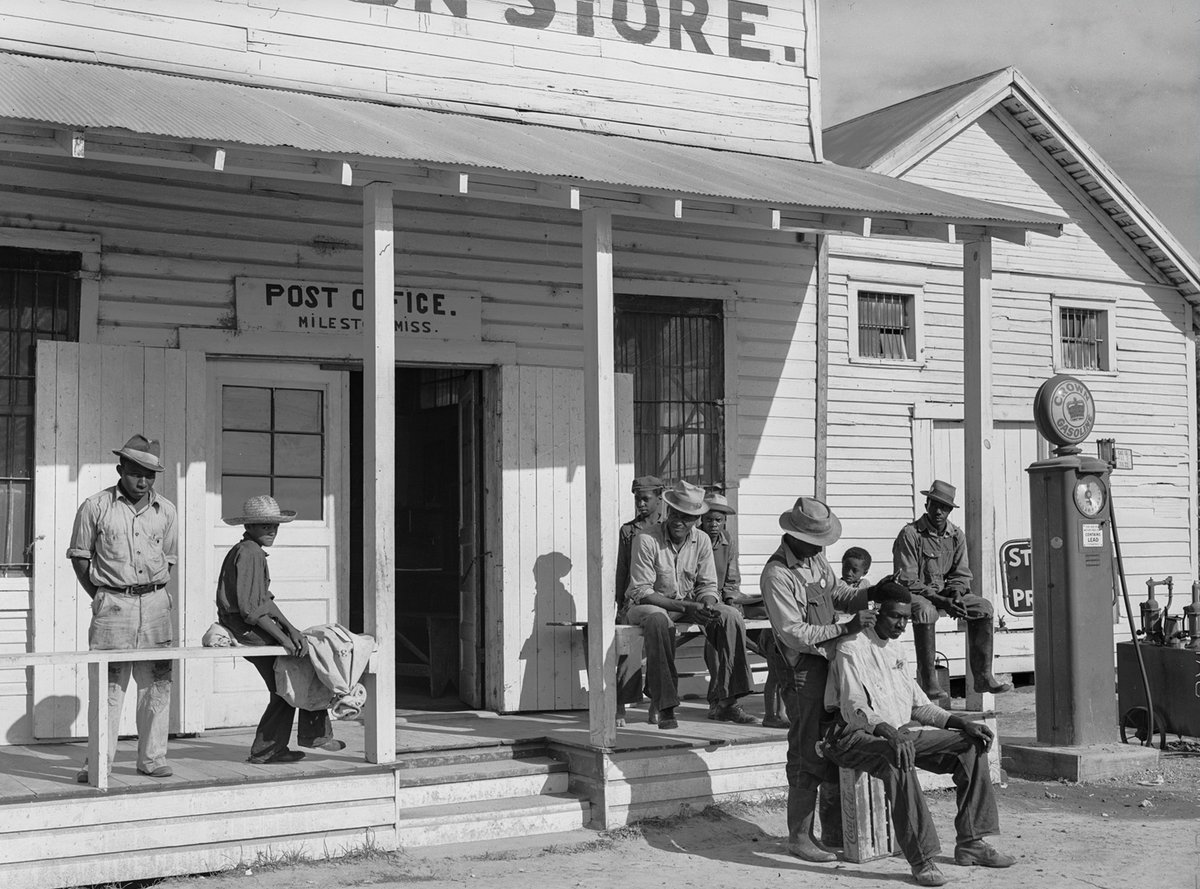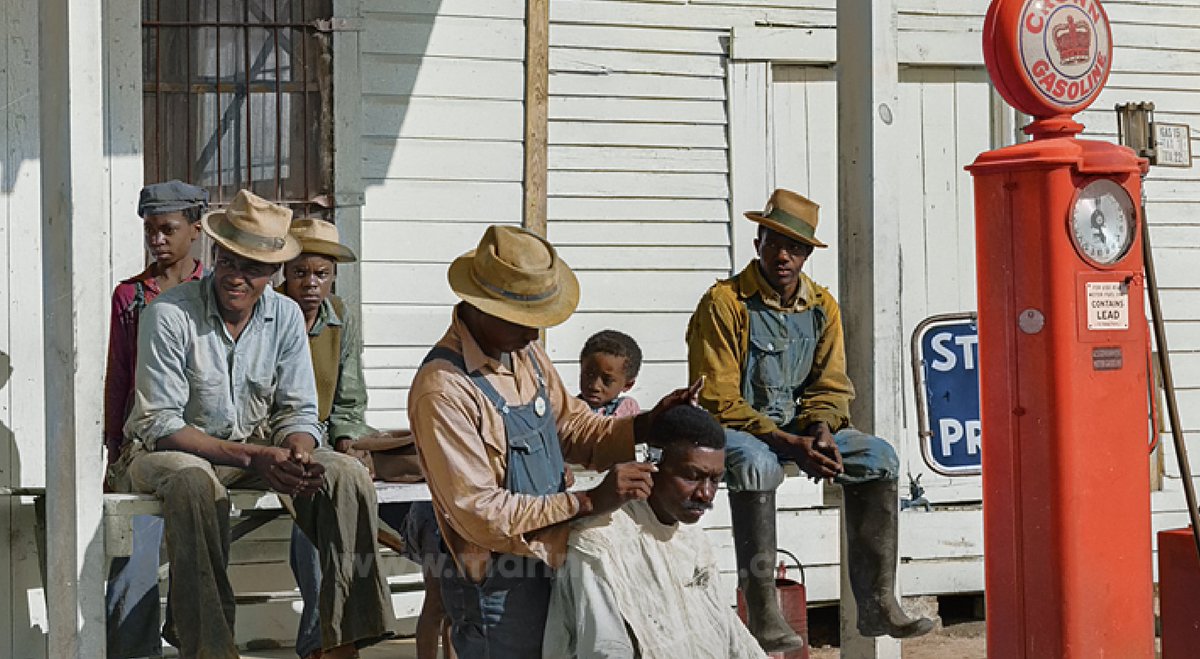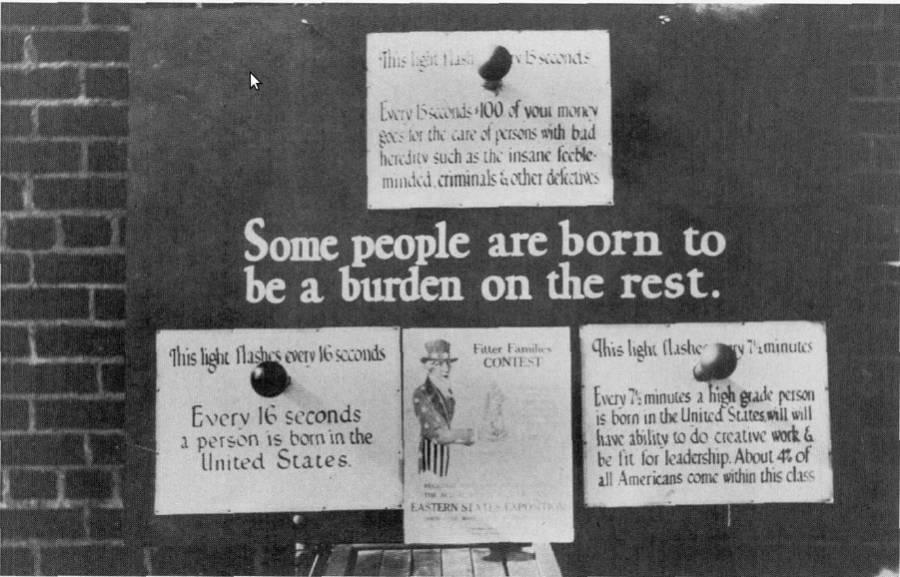
Blanche Monnier was a woman from Poitiers, Vienne, France, who was secretly kept locked in a small room by her aristocratic mother for 25 years.
She was eventually found by police, then middle-aged and in an emaciated and filthy condition.
She was eventually found by police, then middle-aged and in an emaciated and filthy condition.

Monnier was a French socialite from a well-respected, conservative bourgeoisie family. She was renowned for her physical beauty and attracted many potential suitors for marriage.
In 1874, at the age of 25, she desired to marry an older lawyer who was not to her mother's liking.
In 1874, at the age of 25, she desired to marry an older lawyer who was not to her mother's liking.
Her disapproving mother, angered by her daughter's defiance, locked her in a tiny, dark room in the attic of their home. None of her friends knew where she was, and the lawyer who she wished to marry died unexpectedly in 1885. 

On 23 May 1901, the "Paris Attorney General" received an anonymous letter – the author of which is still unknown – that revealed the incarceration. 

Her mother was arrested, became ill shortly afterwards, and died 15 days later after seeing an angry mob gather in front of her house.
After she was released, Monnier continued to suffer from mental health problems. She was diagnosed with various disorders, including anorexia, schizophrenia, exhibitionism, and coprophilia. This soon led to her admission to a psychiatric hospital where she died in 1913.
• • •
Missing some Tweet in this thread? You can try to
force a refresh











